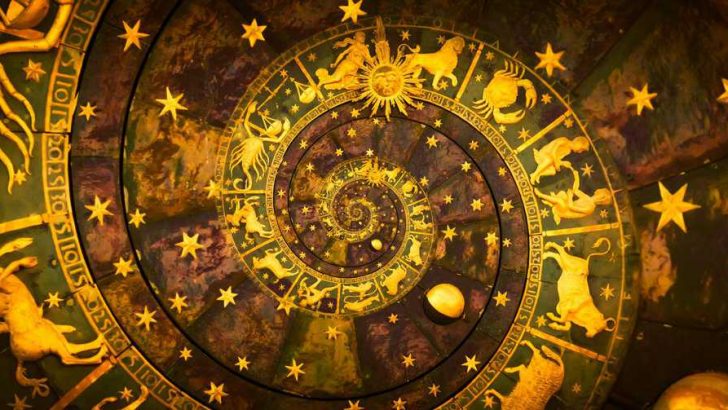The 12 signs of the zodiac are a product of the ancient European culture and science.
Creation of these signs goes thousands and thousands of years into the past, into the golden age of ancient Greece and Rome.
Even if you’re not too invested into astrology, or you think it’s hokum, you must admit it’s still a fascinating ancient heritage.
Though the signs are named in Latin, their core background comes from ancient Greece.
Behind each of the 12 signs hides a Greek myth. Let’s uncover them together.
1. The Golden Fleece
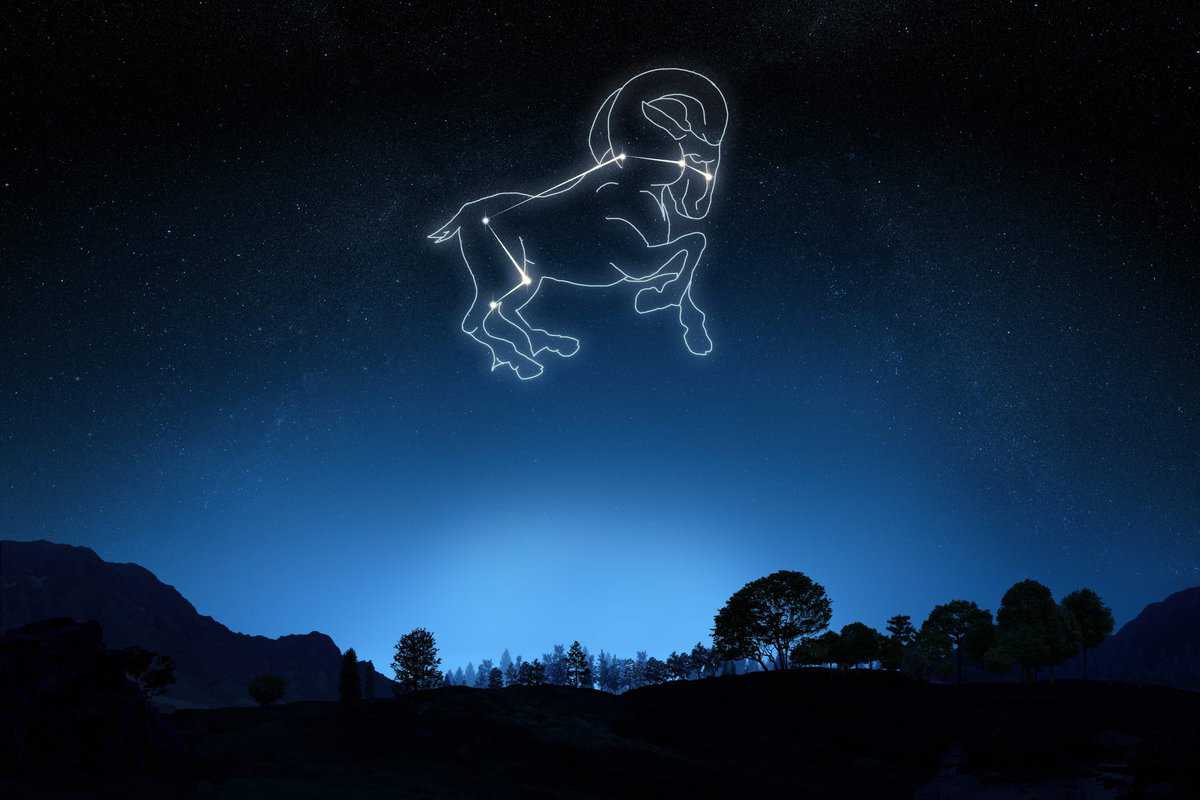
The Ram (lat. Aries) is the constellation connected to the Golden Ram from Greek mythology.
Crius Chrysomallus is its name in Greek, and literally means the Golden-Fleeced Ram. This mythological animal is said to have earned its place among the stars with an act of great bravery.
This myth varies in versions, but in all of them the Ram appears as the hero who saved two children, Phrixus and Helle. They were about to be sacrificed to the gods.
The Golden Ram is Sent by the God Hermes
In this particular version, the King Athamas is about to sacrifice his two children to the gods of Olympus.
The king was tricked into that horrifying act by his wife and the childrens’ own mother, the nymph Nephele.
At the last moment before the sacrifice was to be done, Hermes is said to have sent the Golden Ram to take the children and carry them off to safety.
The Ram’s ability to fly was only one of many.
The Nymph Nephele Is the One Who Sent the Ram
In another version, the Ram was sent by the children’s mother, Nephele. This time around, it was their stepmother Ino who was trying to get them killed.
This detail, however, is all that’s different.
In essence, the Golden Ram sacrificed itself in the children’s place to appease the gods.
The strenght and magic of the Ram is thought to have been passed onto the sign of Aries.
2. The Cretan Bull
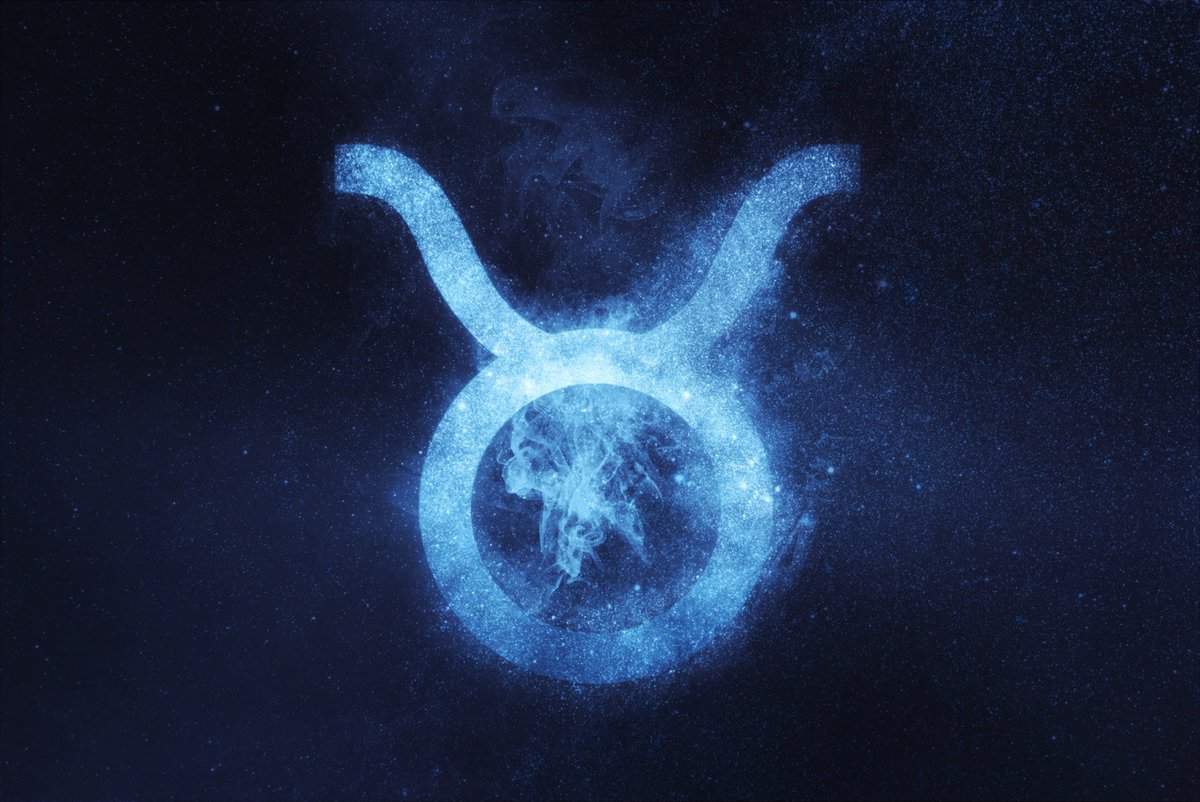
The sign of Taurus and its creation are usually associated with the Minotaur, likely because that’s the mythical bull most of us are familiar with.
The bull in question, however, precedes the birth of the Minotaur.
The Bull of island Crete was such a magnífico creature that Minos risked the wrath of Poseidon by refusing to sacrifice it.
The Great Bull Was Part of the 12 Herculean Labours
The Bull ravaged the island of Crete until Heracles captured it. After its release, though, it went to ravage Marathon.
Eventually, it was killed by the hero Theseus.
For its magnificence, the Bull was placed among the stars as Taurus.
3. The Twins Castor and Pollux
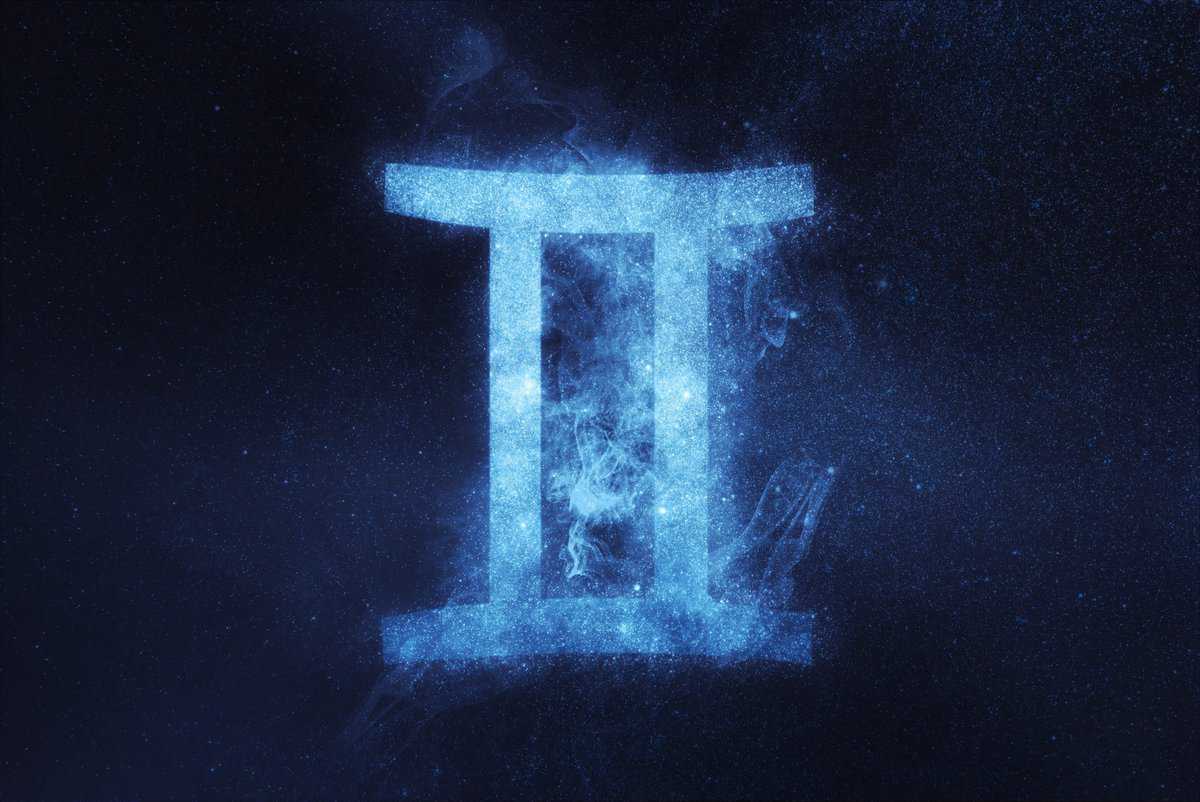
The constellation of Gemini hides a touching tale of two brothers, Castor and Pollux.
Castor was the true son of King Tyndareus of Sparta, Pollux’s father was the god Zeus.
The Duality of the Twins
Thanks to Zeus, Pollux was immortal. His brother Castor, who he loved dearly, sadly wasn’t.
Together, they went on to complete many deeds – even being named Argonauts. Castor was, however, killed in a battle.
Pollux begged Zeus to let him join his brother in Hades, choosing to die with him rather than live forever.
Deeply touched by this love, Zeus placed them among constellations as Gemini.
4. The Carcenius
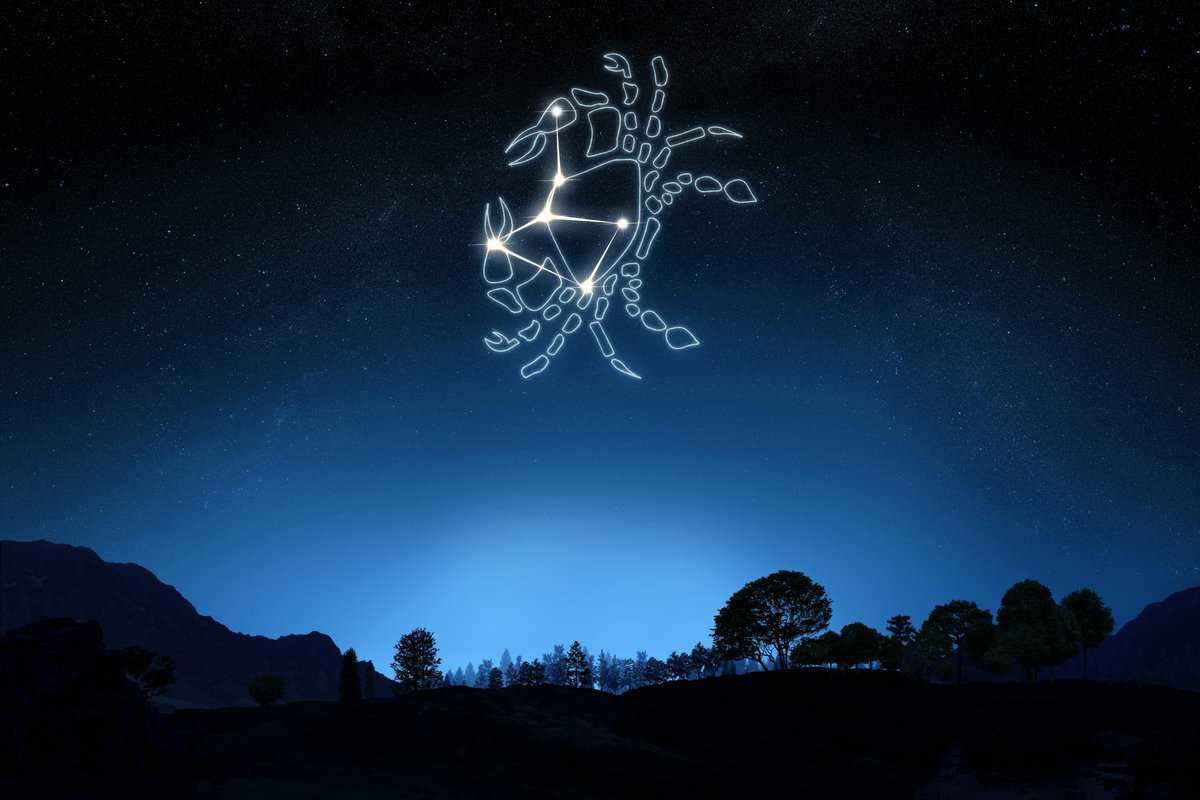
The Carcenius is among less known creatures from the Greek mythology.
It was the gigantic crab that faced Heracles. The Crab was sent by Hera to aid the Larnean Hydra in the fight against the great hero.
Although Heracles killed the Crab instantly, Hera went on to honor Carcenius’ sacrifice. And so, it became the constellation of Cancer.
This myth speaks to the sacrificing and vulnerable nature of this sign.
5. The Nemean Lion

The Lion in question is yet another animal Heracles conquered as part of his 12 Labours.
The Might of Leo
Many had tried to kill the Nemean Lion and died trying. Its skin couldn’t be pierced by any weapon and no armor stood chance against its claws.
Heracles then remembered to wrestle and strangle the beast and thus completed the first of his 12 quests.
Heracles’ fiercest enemy, Hera, decided to commend his foe once more. So came about the constellation of Leo.
6. The Maiden Astraea

The virgin behind the sign of Virgo is the goddess Astraea. She was the goddess of Justice and the daughter of another Justice goddess, Themis.
She chose to live among humans instead of Mount Olympus, along some other Greek deities.
As the gods began to lose control of mankind, most of them turned to Olympus and left the mortal world.
Astraea chose to stay the longest.
At some point, however, she also asked for Zeus’ help to remove her from the world of humans.
He placed her among constellations as Virgo.
7. The Scales of Justice
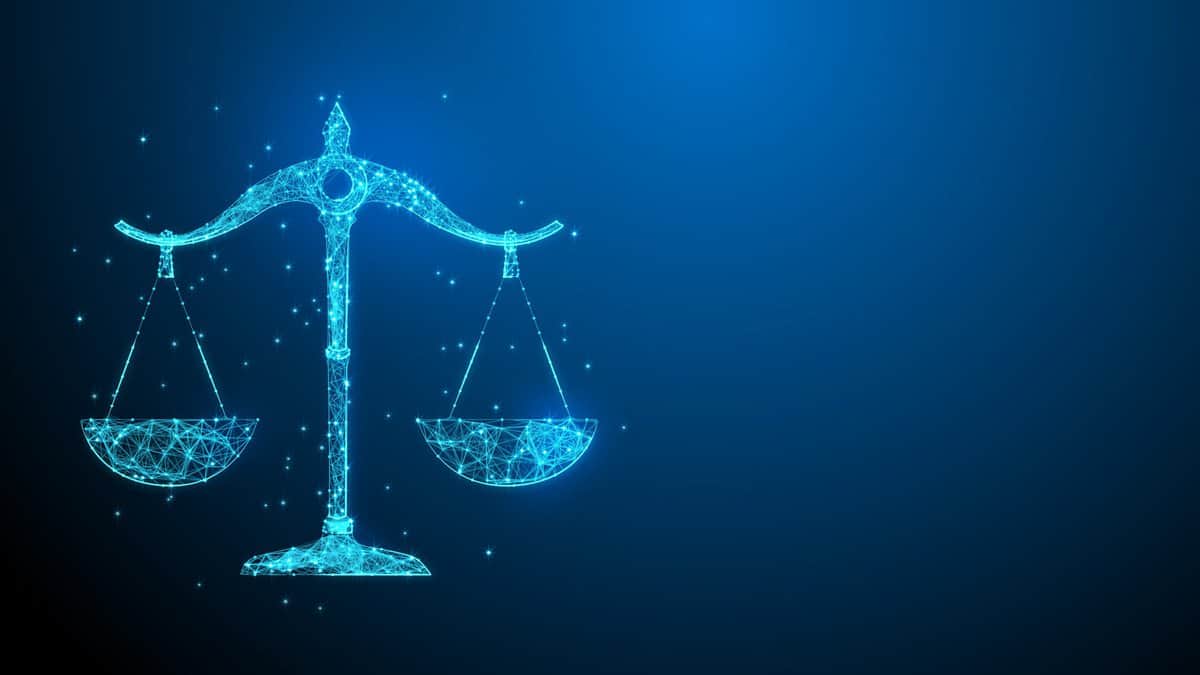
The constellation of Libra doesn’t hide any mythological creature. Instead, it’s based on an inanimate object – the Scales.
Though the meaning of the Scales is self-explanatory, it’s unclear whose scales they were.
Several goddesses are named – Astraea, Themis y Tyche.
Themis and Astraea are the goddesses of Justice. Tyche is in charge of Fate.
Libra and Virgo, Mother and Daughter
One particular detail works in favor of the goddess behind Libra being Themis.
Astraea, who’s been put in the stars as Virgo, is Themis’ daughter. It would be a little strange for one goddess to be the cause of both these constellations.
Also, the constellations of Virgo and Libra are seen side by side in the heavens.
With that, the placement of these two zodiac signs one after another is not an accident either.
It speaks of mother and daughter striving to be close to each other. It’s said they’ll be reunited when the Golden Age returns.
8. Orion’s Death
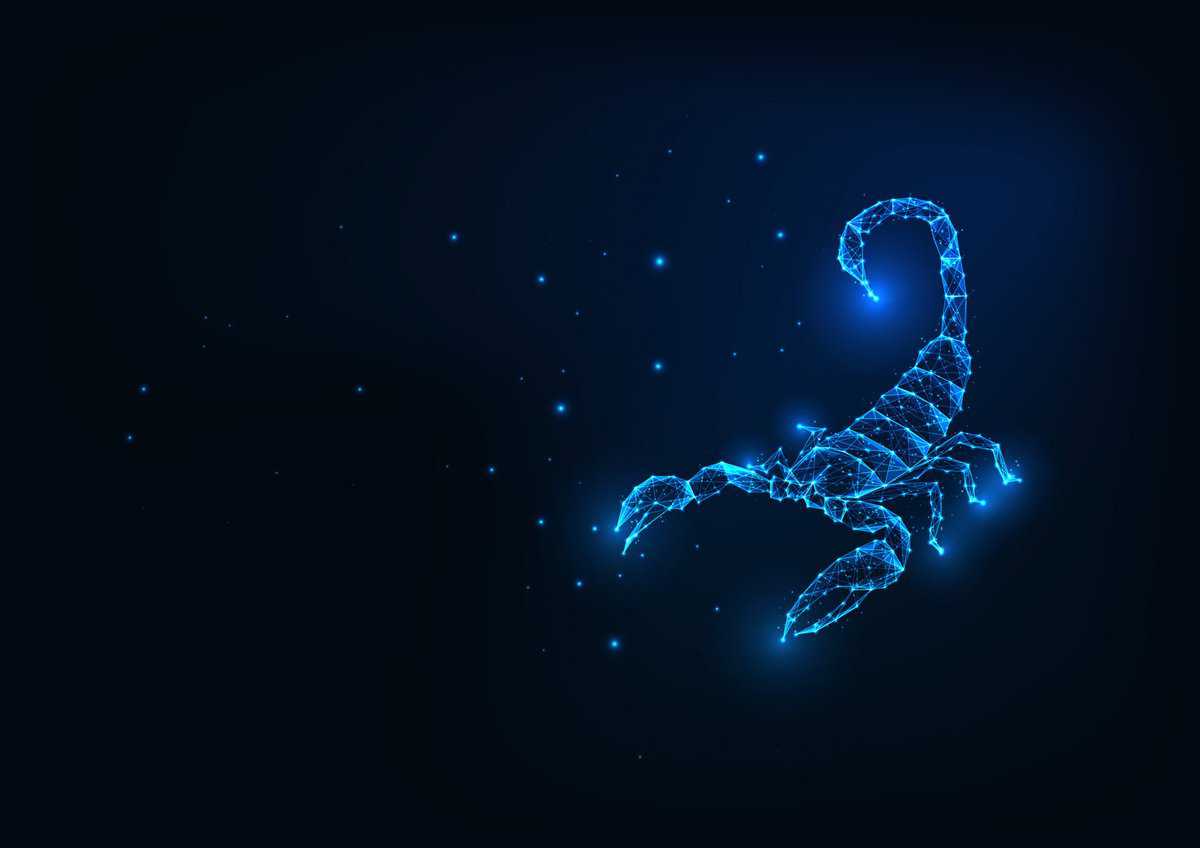
The Scorpius is said to be the child of the earth goddess Gaia.
It’s linked the the hunter Orion. The hunter in question was an ally to the gods, but could sometimes antagonize them.
On one such occasion, he angered Gaia by boasting he’d be able to kill any animal in the world.
Entonces, Gaia sent Scorpius, who stung and killed the hunter. They were both placed among the stars.
Even in the myth, we may encounter the vengefulness of the sign of Scorpio.
9. The Chiron
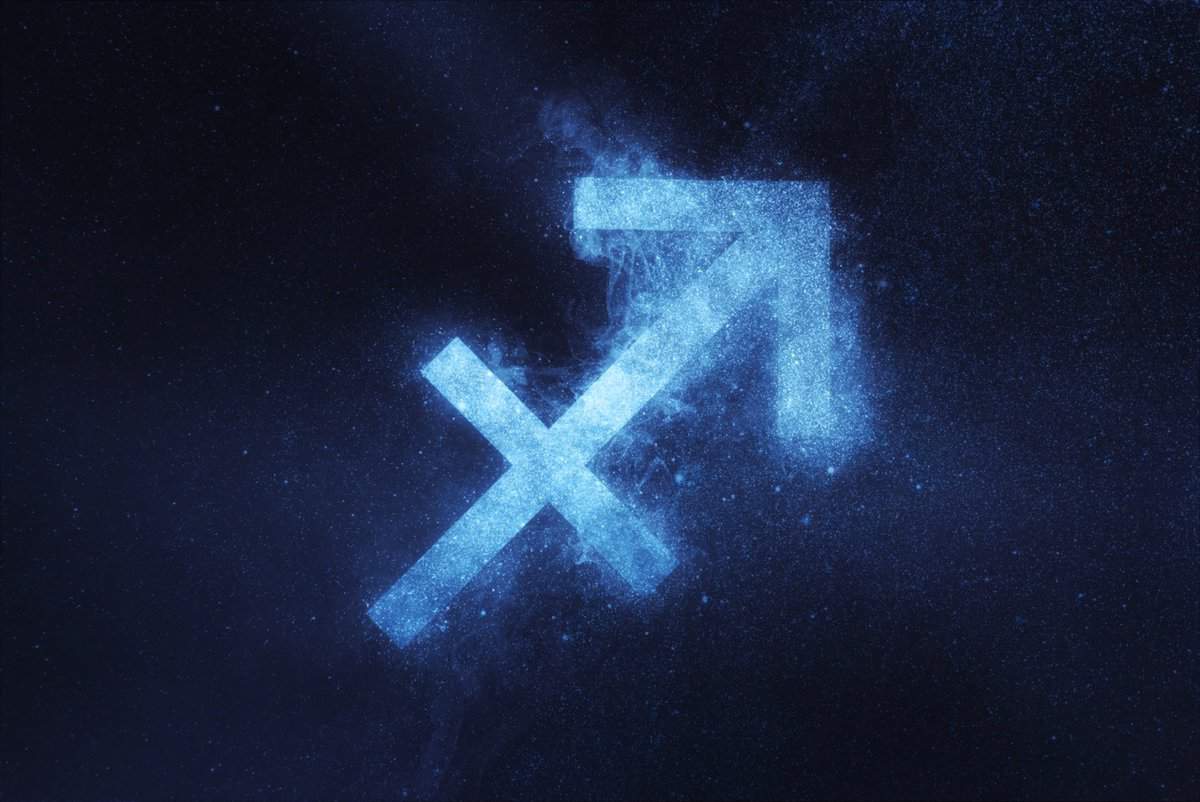
Most commonly, the Sagittarius is associated with Chiron. He was a centaur, but was civilised and wise.
In fact, he trained many of the well known Greek heroes. It’s also assumed her taught Achilles to hunt.
A Centaur or a Satyr?
Another tale links him to Crotus, the Archer satyr. There’s talk of him having invented the hunting bow.
The Muses of Mount Helion requested that he be honored with a constellation of his own.
Though Sagittarius is always presented as a centaur, it’s easy to see why Crotus the Archer is thought to be the creature behind this sign.
10. The Sea-Goat

This is the creature behind the sign of Capricorn.
The Sea-Goat breastfed the god Zeus when he was an infant, and later took care of him in his childhood.
The creature’s true name is Amalthea.
In grattitiude, Zeus placed it among the stars as the forementioned sign.
The Pan
Another creation tale is that of the wilderness god Pan. When the monster Typhon attacked the gods, and Zeus’ leg was injured, Pan was the one who healed him.
Then, as thanks, the king of gods palced him among the stars as Capricorn.
The Fishtail Question
We all know Capricorn is shown in the form of a goat with a fishtail.
At first, it’s easy to assume that’s because the Sea-Goat is the true myth behind this sign.
Sin embargo, Pan actually obtained a fishtail while fleeing Typhon and attempting to turn himself into a fish.
It seems like it’s up to each of us to choose the myth we prefer.
11. Ganymede and Zeus

Before becoming a constellation, Aquarius was Ganymede, a prince of Troy. Another version paints him as a sheperd.
Anyway, Ganymede is said to have been the most beautiful man in the world, so Zeus sent an eagle to bring Ganymede to him.
On Mount Olympus, Ganymede became Zeus’ lover y cupbearer of the gods.
The Queerness of Aquarius
This myth speaks volumes of the Aquarians’ extraño y innovador naturaleza.
Some sources claim that Ganymede was actually the first human to ever directly interract with the gods.
Others say Hera was fiercely jealous of Ganymede, and would torment him any chance she got.
Then, in yet another never seen before turn of events, the capricious Zeus actually showed compassion.
In order to appologize to Ganymede for his trouble, he placed him among constellations as the Waterbearer.
12. The Fish That Saved Aphrodite
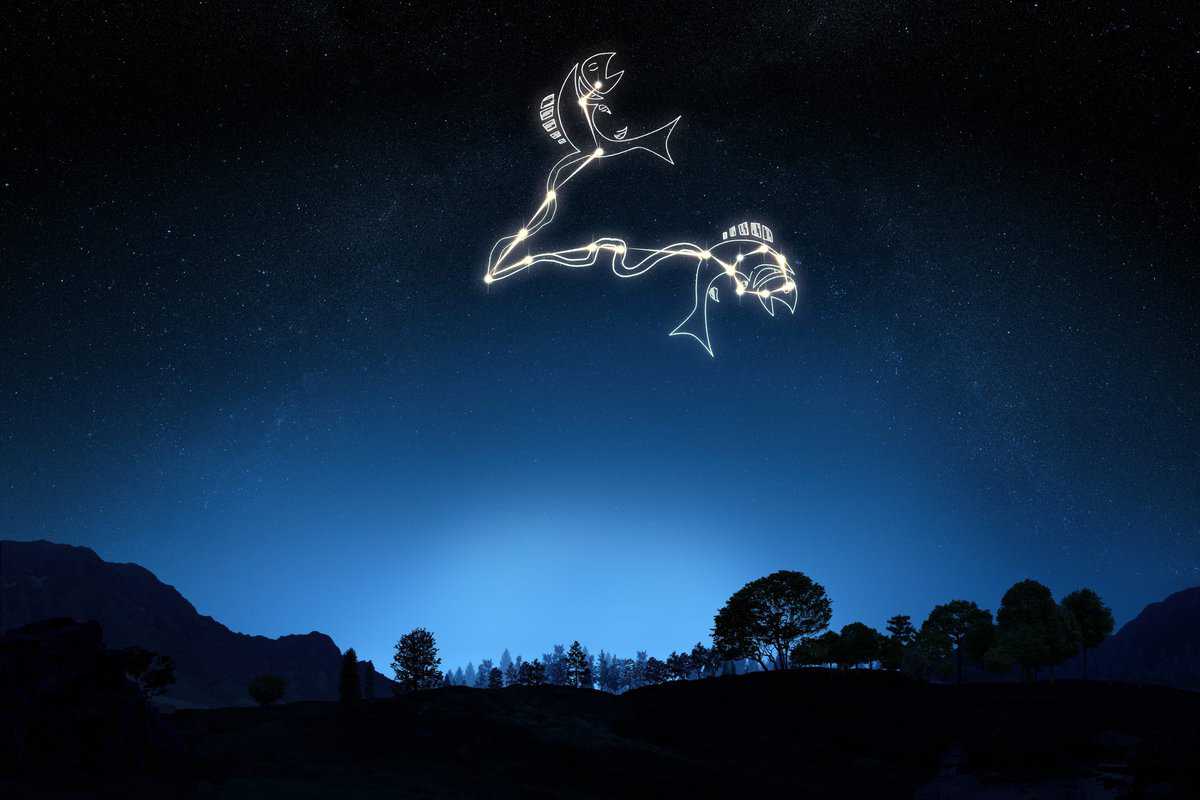
The fish in Pices symbolise the goddess Aphrodite and her son Eros.
While the gods were facing their enemies Typhon and Echidna, most of them feld Olympus and sought refuge across the world.
In the Middle East, Typhon, the monster of monsters, almost caught up with Aphrodite and Eros.
To evade him, much like the Pan, they transformed into fish and jumped into the river Euphrates.
In grattitude for saving them from sure death, the fish became the face of the constellation of Pices.
A little Aquarius, devoted to writing and embroidery. Through my writing, I hope to empower readers to align with their true selves and navigate life’s mysteries with confidence.

